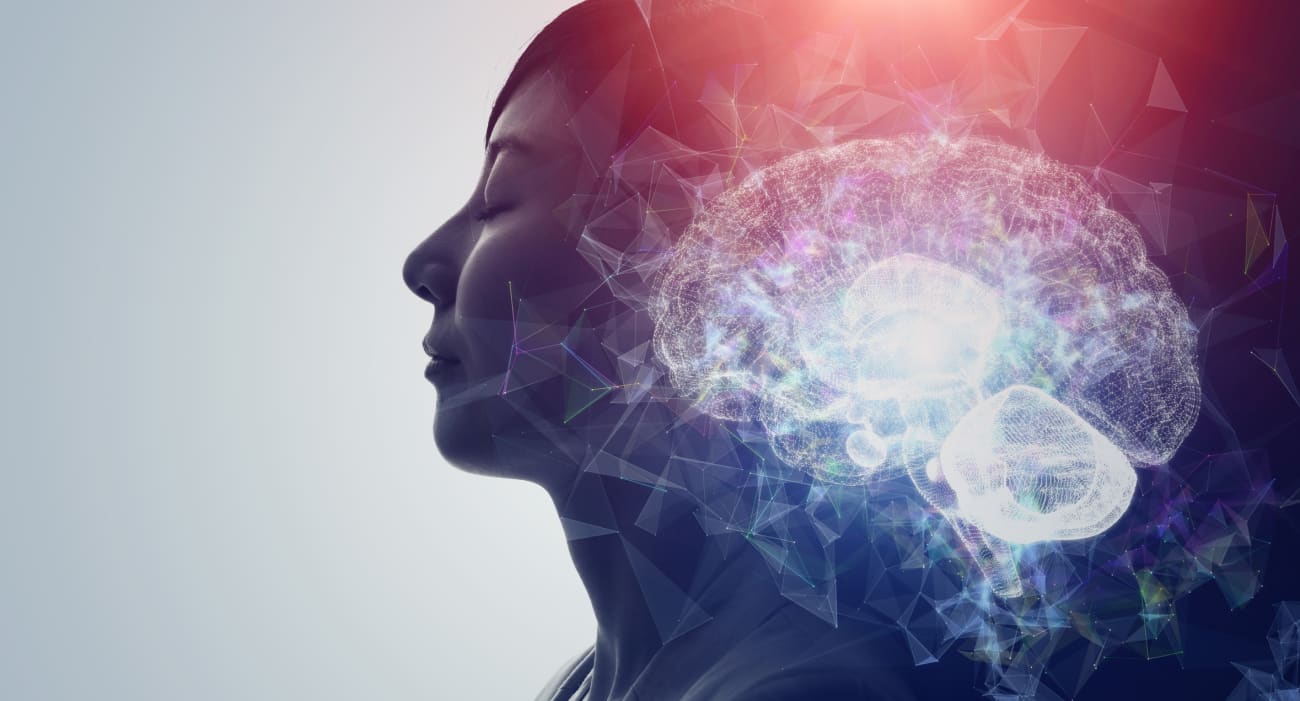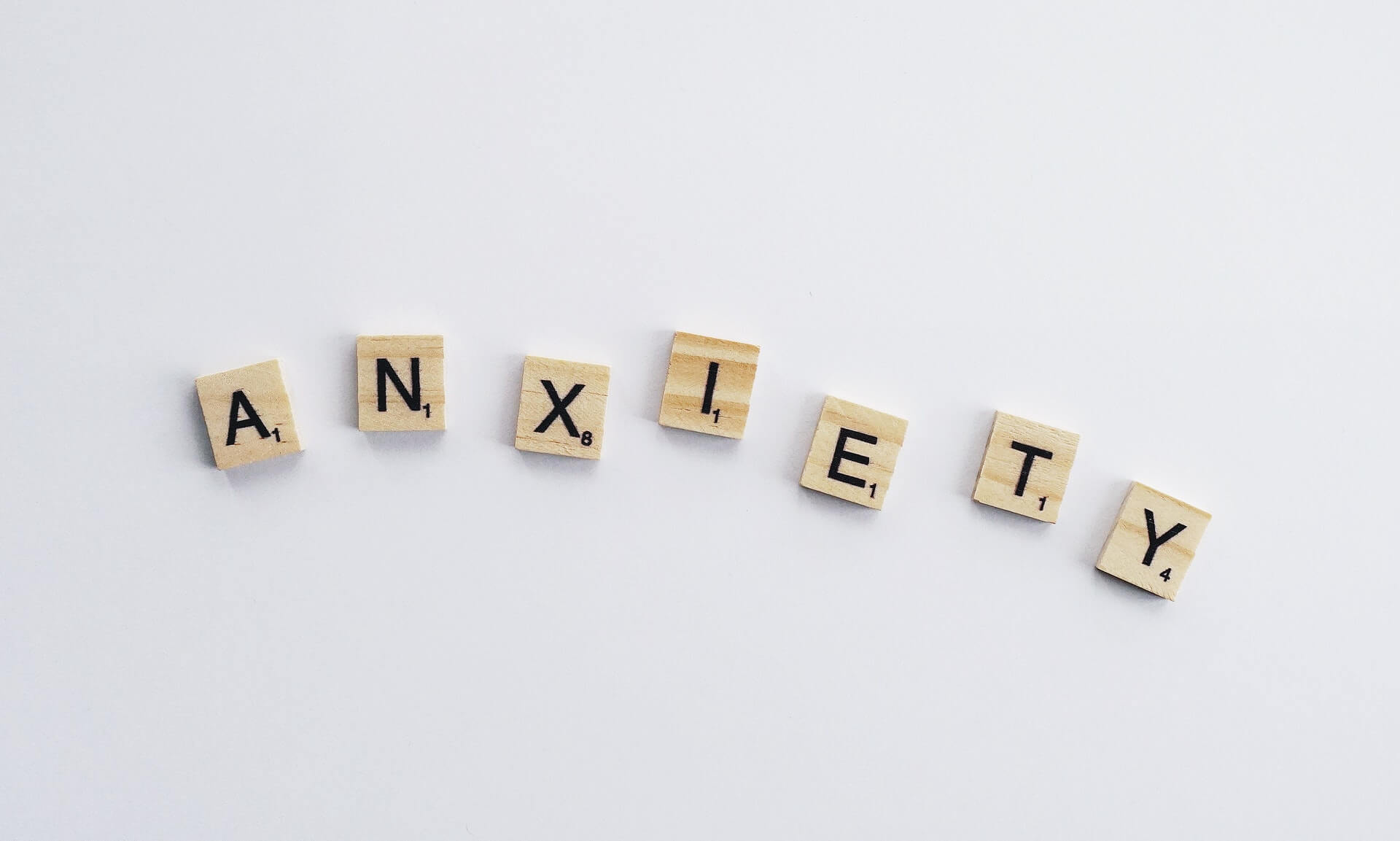
Here are some things you need to know on occasion of World Bipolar Day
Bipolar disorder is a lifelong illness which involves episodes of maniac and depressive mood swings (high to lows). World bipolar day is celebrated on the 30th of march every year. World Bipolar Day is observed to raise awareness worldwide and to work to eliminate social stain by providing information to educate and help people understand the condition.
Types:
The mood cycles range from maniac to depressive (low to extreme). Three common types of mood disorders are Bipolar I, bipolar II and cyclothymic disorder..
Bipolar I - Manic episodes will last for at least seven days/one week and include severe symptoms, like delusions/psychosis, violence, lessened need for sleep, engaging in activities with serious consequences, and more. Depressive episodes last for at least two weeks. A person's mood cycles may fluctuate when they have Bipolar I. This type of bipolar disorder affects women and men equally.
Bipolar II - This is similar to bipolar I, but the mood elevations are less frequent or severe; these hypomanic episodes generally last at least four days. Individuals with Bipolar II may experience more depressive episodes than hypomanic episodes. This type of bipolar disorder affects more women than men.
Cyclothymic disorder (also called cyclothymia) - A person may experience multiple cycles of manic and depressive episodes over a period of at least two years, but your episodes do not meet the criteria for another type of bipolar disorder or major depressive disorder.
Bipolar disorders can appear in individuals of any age or gender, but typically are first diagnosed in young adulthood.
Treatment:
There is no cure for this disorder but it can be controlled with proper medication of medicines and exercise.
A combination of antidepressants, mood stabilizers, anti-anxiety medications, antipsychotics, and other drugs are often used.
A therapist can even be useful in such cases. Various therapies like talk therapy, couples therapy, family therapy, behavioral therapy these techniques can be very efficient.
MYTH: Bipolar disorder only affects adults.
Children can have bipolar disorder but diagnosing can be tricky as kids are naturally temperamental and moody at times. Symptoms can and often first appear during the teen years but on average, it can be diagnosed by age 25.
Why a support group can be helpful?
A support group can serve many functions. Members may provide emotional support to one another as they share a common understanding of what it's like to live with bipolar disorder. They may also talk about their treatment, including what's helped and what hasn't.
f you think you’re experiencing symptoms of bipolar disorder, make an appointment with your doctor. If you think a friend, relative, or loved one may have bipolar disorder, your support and understanding is crucial. Encourage them to see a doctor about any symptoms they’re having.
People who are experiencing a depressive episode may have suicidal thoughts. You should always take any talk of suicide seriously.











